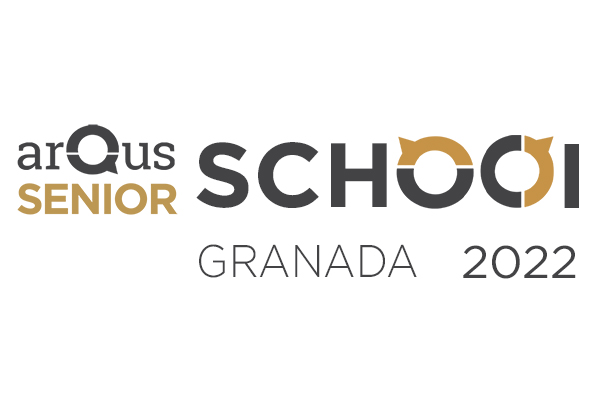Senior students (50 years +) from the Arqus universities are invited to participate in this unique learning experience that combines short-term mobility, talks/presentations and field trips with guided tours across different places of the Granada geography to explore its cultural diversity, geodiversity and coastal diversity. The University of Graz awards 5 scholarships for senior students!
The activities scheduled for this short-term mobility are described below:
- Day 1: Cultural Diversity (9:00 to 14:00 CEST)
Granada's cultural diversity played a very important role in the history of Al-Andalus, being in the heart of the region and home to three different prominent religions. After eight centuries under Arabic rule (711-1492), Granada was left with an incredible legacy: the Alhambra - the best-preserved Nasrid style palace in Europe - and the Albaicín–the ancient Arabic quarter - both UNESCO world heritage sites. In 1492 the Catholic Kings ended the Reconquista against the Moorish empire in Granada, the last city to be taken in Al-Andalus, and their presence is still visible in the Royal Chapel, the majestic Cathedral and the several Monasteries and Churches.
The Programme includes a field trip to Granada and a guided tour.
- Day 2: Coastal Diversity (9:00 to 18:00 CEST)
The following elements will be explored: Geographical and Geomorphological diversity (by bus); maritime transport infrastructure (harbor); economic diversity (subtropical agricultural varieties and greenhouse agriculture); and sugar cane and rum route.
The Programme includes a field trip to Motril and a guided tour.
- Day 3: Geodiversity (9:00 to 14:00 CEST)
Geodiversity refers to the variety of the geological features of a region, such as rocks, fossils, strata, folds, faults, and landforms, which might deserve some kind of protection and whose knowledge can be interesting for common people. Geodiversity and biodiversity constitute the natural landscapes of our planet. Andalusia in Southern Spain is a region made up of very different rocks, which illustrate geological processes occurred since around 600 Million of years until present-day active processes. This talk will present a short journey across the different geological features of Andalusia, with particular emphasis in those areas included in the UNESCO Geopark Global Network.
The programme includes a field trip to Guadix and geoparque and a guided tour.
If you are interested in participating please contact Victoria Reszler (Arqus Project Officer, University of Graz) for more information.
This activity has been organised in the framework of the Arqus Action Line 2, Widening Access, Inclusion and Diversity and, namely, within the subaction 2.8, Seniors’ Universities: sharing of best practices and short-term mobility for seniors’ universities. The Action Line 2 is chaired by the University of Padua and is aimed at increasing inclusion (widening access and diversity) within universities; fostering the awareness of the local and regional environment about different forms of disparity, under-represented groups, diversity and inclusion; and influencing inclusive policies on a regional and national level.
